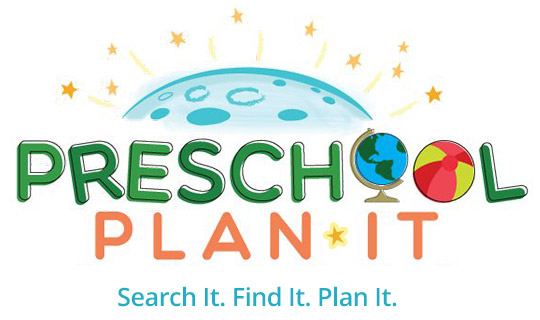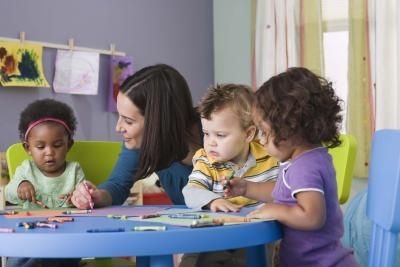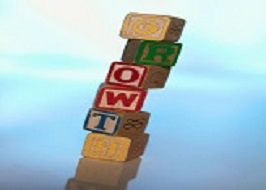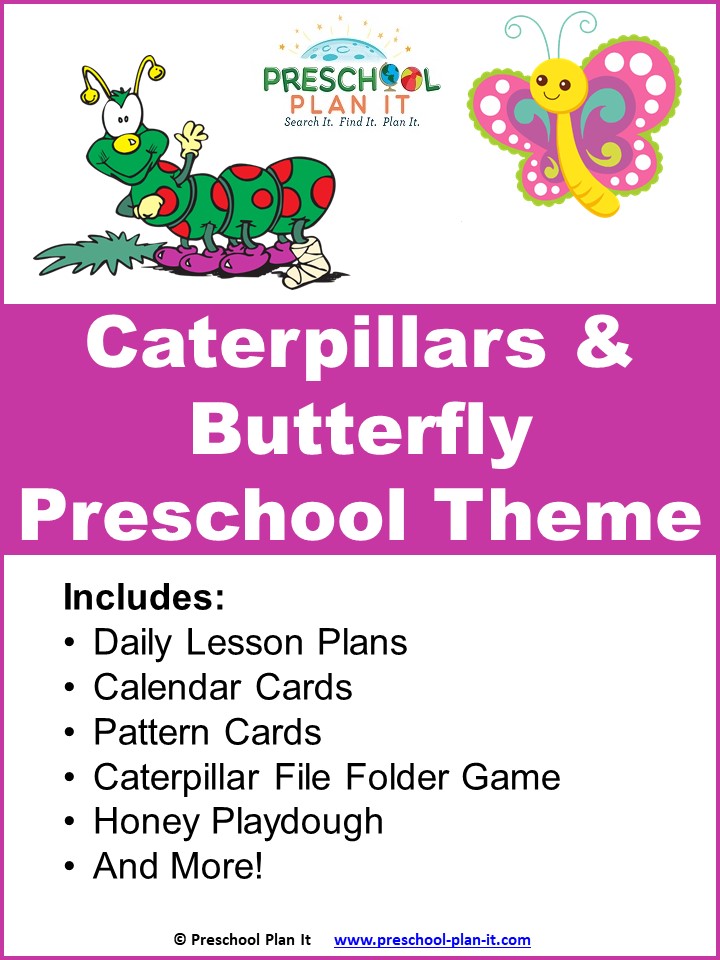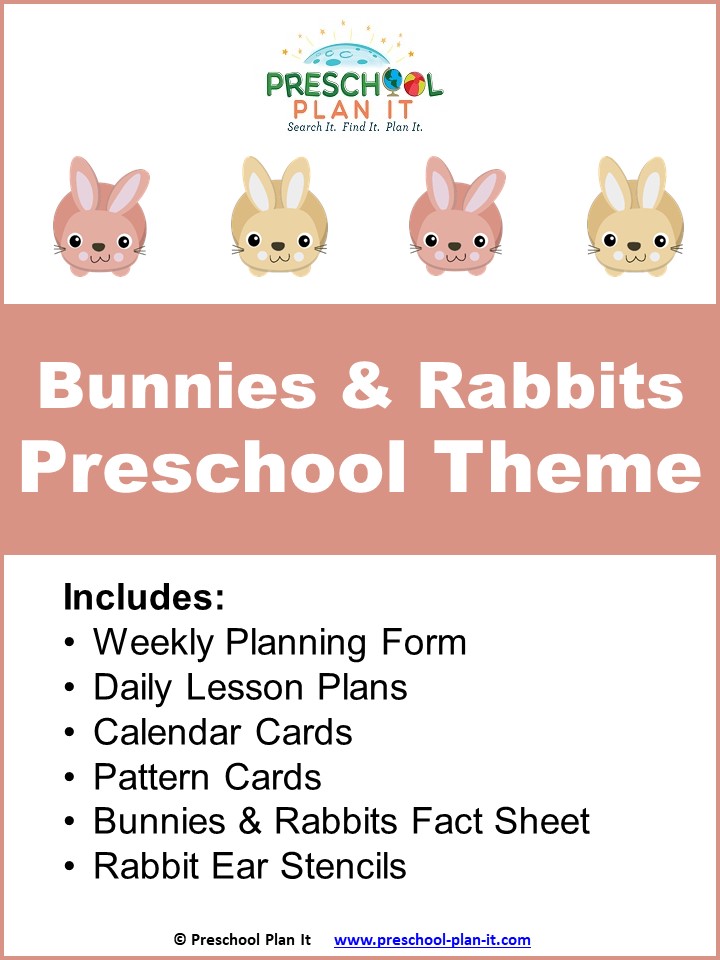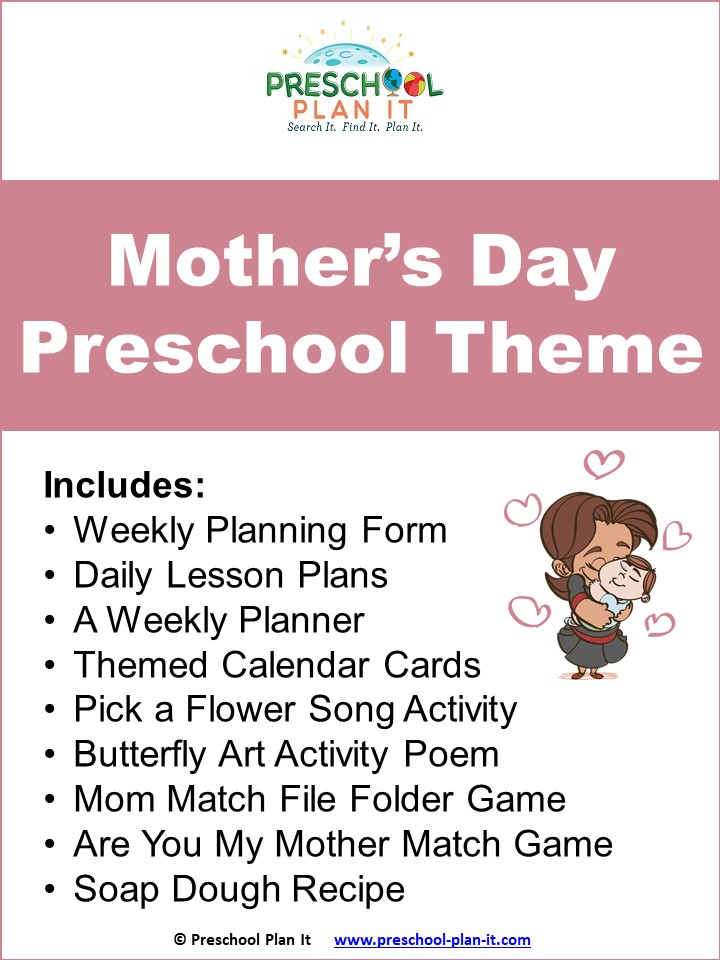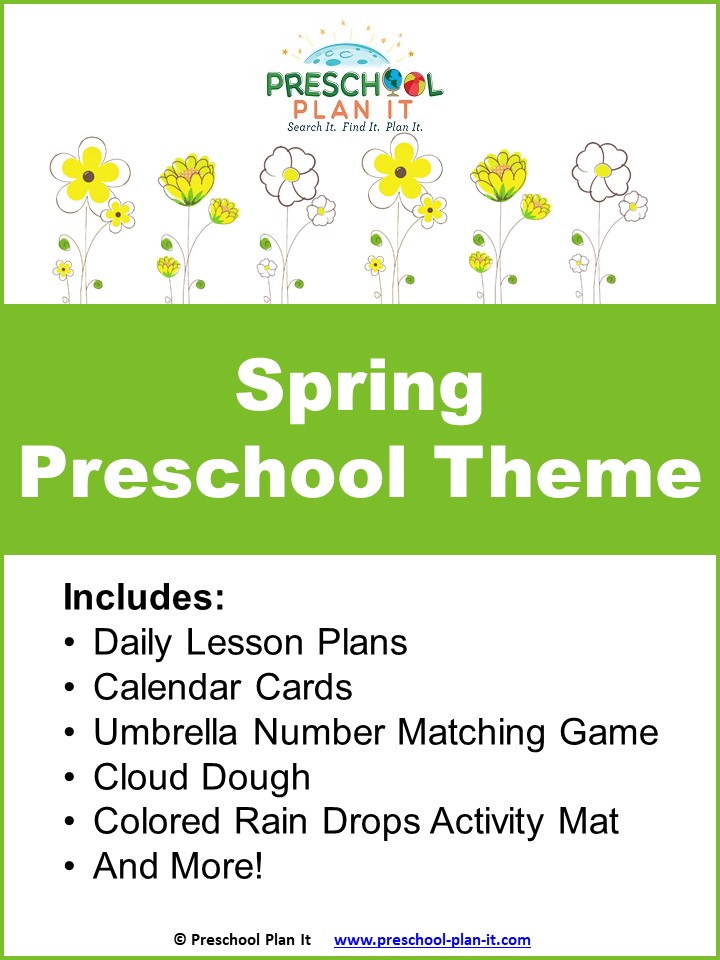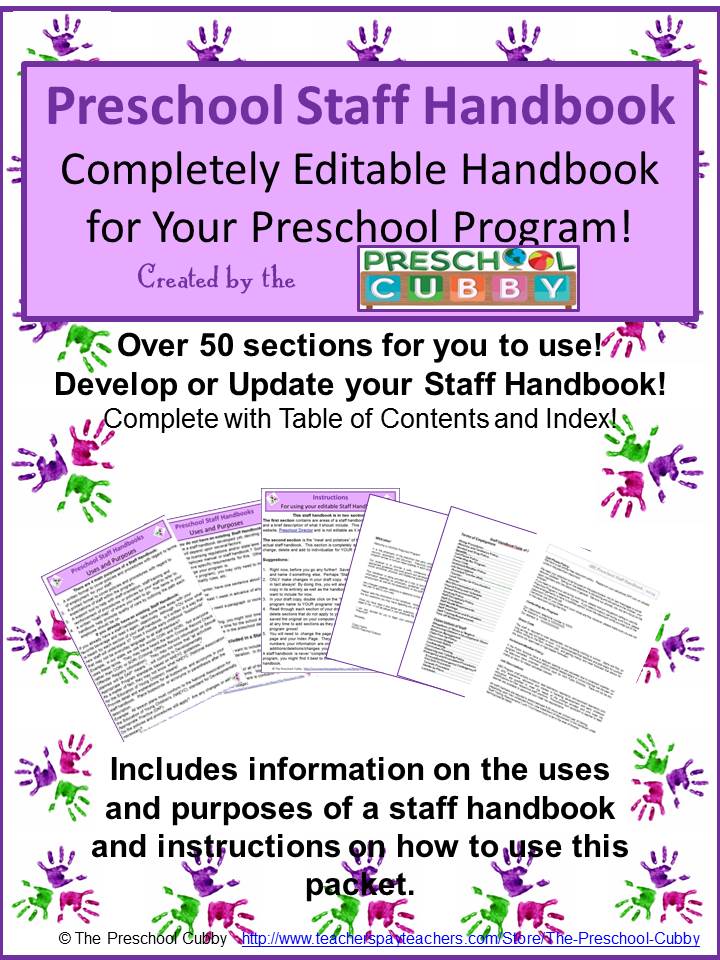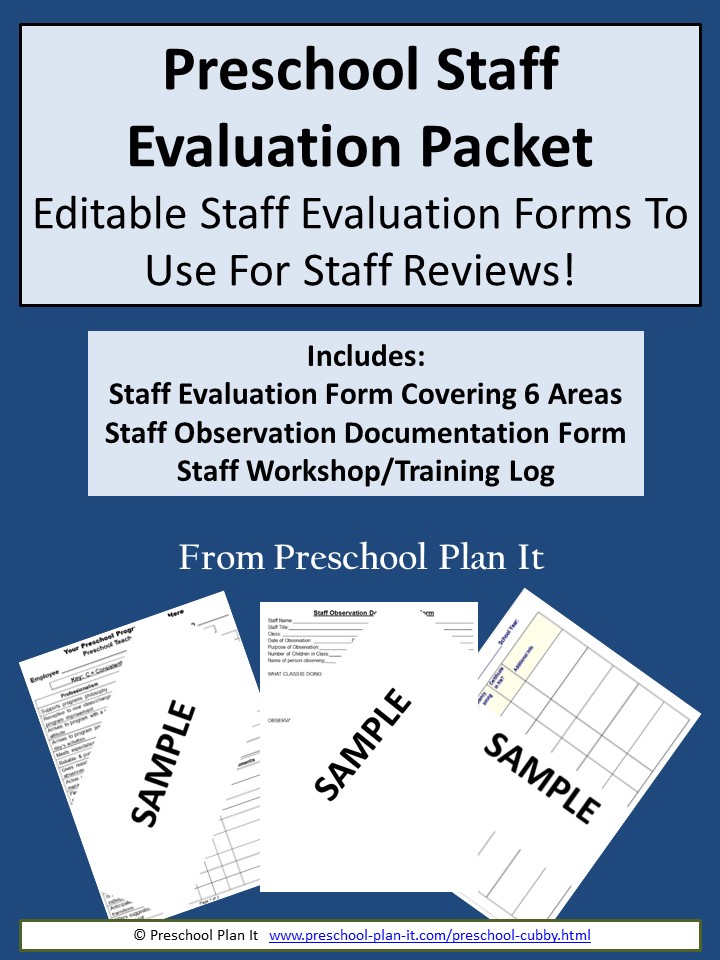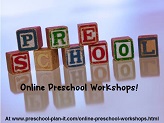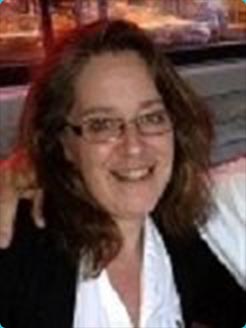- Theme Packs
- Themes
-
Preschool Planning
- Preschool Teachers
Observing Language Development in Preschoolers


Observing Language Development
Observe children often!
Observations are KEY in our field. I know, we don't have the time to document all observations. We do need to observe though! Not every observation needs to result in a recorded documentation. Some will.
If you are looking for ways to record observations for a specific purpose, this page will give you a few ideas.
Observations may be what helps a child to receive an accurate diagnosis if there is any type of delay or disorder. But, they can only help if you have them on file.
There are many ways and times of day to observe children.
You do not need to have a 15 point observational chart to do this!
Your observations may get transferred to a more formal chart, but observations need to become part of what you do every day.
The best time to do this is while interacting with the children! If most of your day is spent with you "teaching" (meaning that most of your day is spent dispensing information and talking at the children), you most likely need to take a look at your classroom schedule.
Other than Circle Time or during a formal activity (such as a science activity that needs to be done by the adult), your children should be interacting with materials and supplies; exploring, investigating and communicating with their peers and their teachers.
It is during these times (Interest Center Time as most call it), that the best observations are seen!
Write Down Anecdotal Notes--Often!
There are many ways to record observations.
A clipboard with sticky notes for each child on it is one way. Date the sticky notes, print each child's name on a note and you are ready for the day. As you observe them, take notes!
I will be putting together an article and, eventually, a workshop, on child observations. For the purpose of this article, we are talking about language development, so lets look at that.
What To Observe
If you are concerned (or a parent is concerned) with a child's language or speech, take notes that reflect these concerns.
Example, a child does not seem to say a "d" sound. She may say "ee-yog" instead of "dog". Observe words that have the letter "d" in it.
You may observe that they do say this sound in the word "old". This may indicate a speech delay, not a language issue. Many consonants are difficult for children to say when at it is at the beginning of a word rather than at the end.
For example, a child may call a "clock" a "tock"...they CAN say the "k" sound, just not at the beginning of a word.
The bottom line is that observing language as well as other areas of growth and development is key in the classroom.
Start by reviewing the milestones page below to see what areas of development to generally look for.
Go to Preschool Plan It's Home Page


Hey there! Welcome to Preschool Plan It! I’m Cheryl, a preschool teacher of over 20 years.
I KNOW, I know, you spend hours of time developing your preschool themes, activities and preschool lesson plans each week. You are commited to planning preschool themes and activities that are engaging hands-on, interactive, fun AND meet the goal of supporting each child’s level of growth and development.
I am commited to providing you, the preschool teacher, with everything you need to develop preschool lesson plans and preschool activities for your classroom all in one place!
READ MORE
Join My Free Preschool Teacher Tips Newsletter
You’ll receive a weekly email with planning tips and teaching ideas.
You'll also receive (on the 1st of each month) a free theme starter pack with some printables and activity ideas to get you started planning a theme!Join Now and Get Your First Theme Right Away!
© Copyright 2010-2025 Preschool-Plan-It.com | All Rights Reserved | Privacy Policy & Disclaimer
- Preschool Teachers
